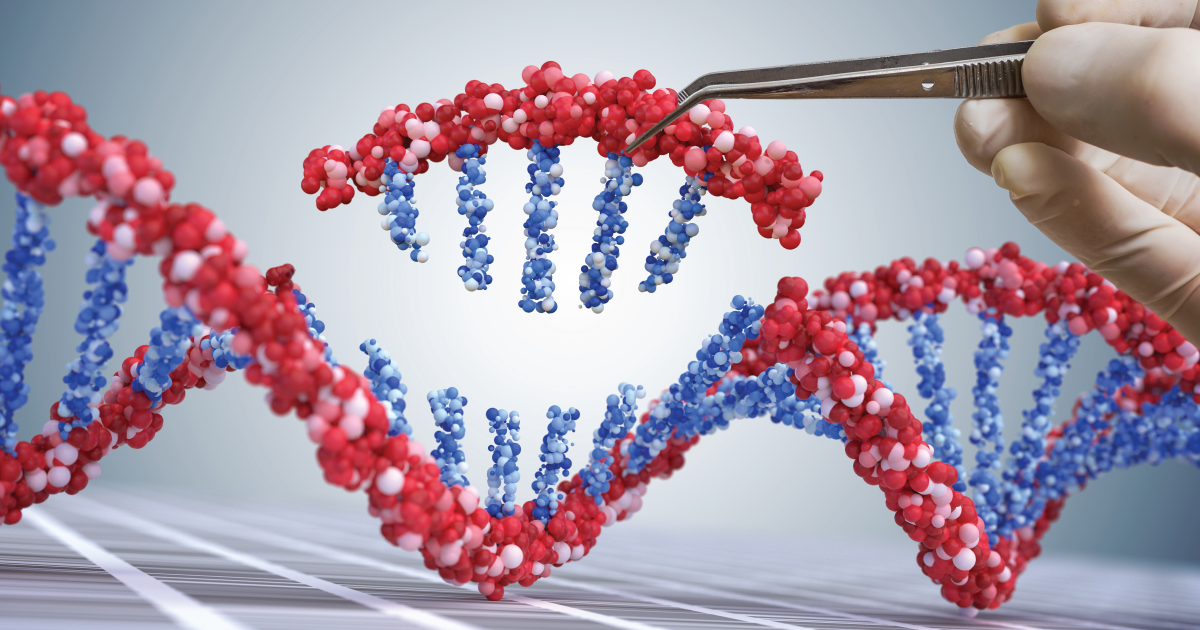
What Consumers Should Ask About Precision Fermentation
Precision fermentation is a relatively new food technology that is rapidly entering the mainstream. Products such as milk protein, animal fats, collagen, honey, lobster, egg whites and more are receiving hundreds of millions of investor dollars. They are being rapidly commercialized for the mass market without the raising and killing of animals. These products are being marketed to a young consumer base that wants sustainable, climate-friendly foods that buck the system and promise a better tomorrow. But what should consumers being asking about this new wave of food technologies?
April 1, 2023 | Source: Forbes | by Errol Schweizer
Precision fermentation is a relatively new food technology that is rapidly entering the mainstream. Products such as milk protein, animal fats, collagen, honey, lobster, egg whites and more are receiving hundreds of millions of investor dollars. They are being rapidly commercialized for the mass market without the raising and killing of animals. These products are being marketed to a young consumer base that wants sustainable, climate-friendly foods that buck the system and promise a better tomorrow. But what should consumers being asking about this new wave of food technologies?
Precision fermentation technology is a form of synthetic biology and has been around for several decades. It has only recently being tapped to produce consumables. It typically requires the use of genetically engineered microorganisms, which are cultivated in brewery-style fermentation tanks. The little critters, usually yeast, algae or bacteria, are programmed through a range of in-vitro nucleic acid techniques such as CRISPR, gene editing or cloning. They produce or excrete a particular sellable material, usually edible fats or proteins that are biologically similar to animal products. These end products can be further processed into ingredients or finished CPG items.
